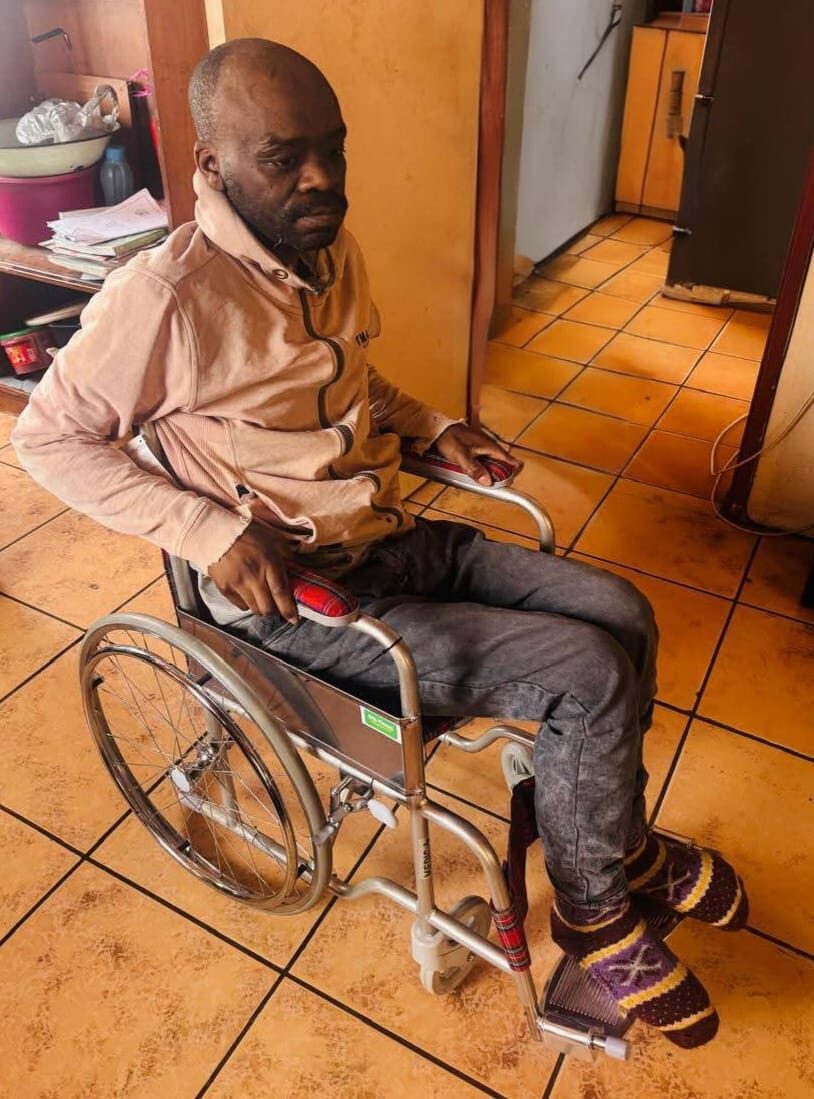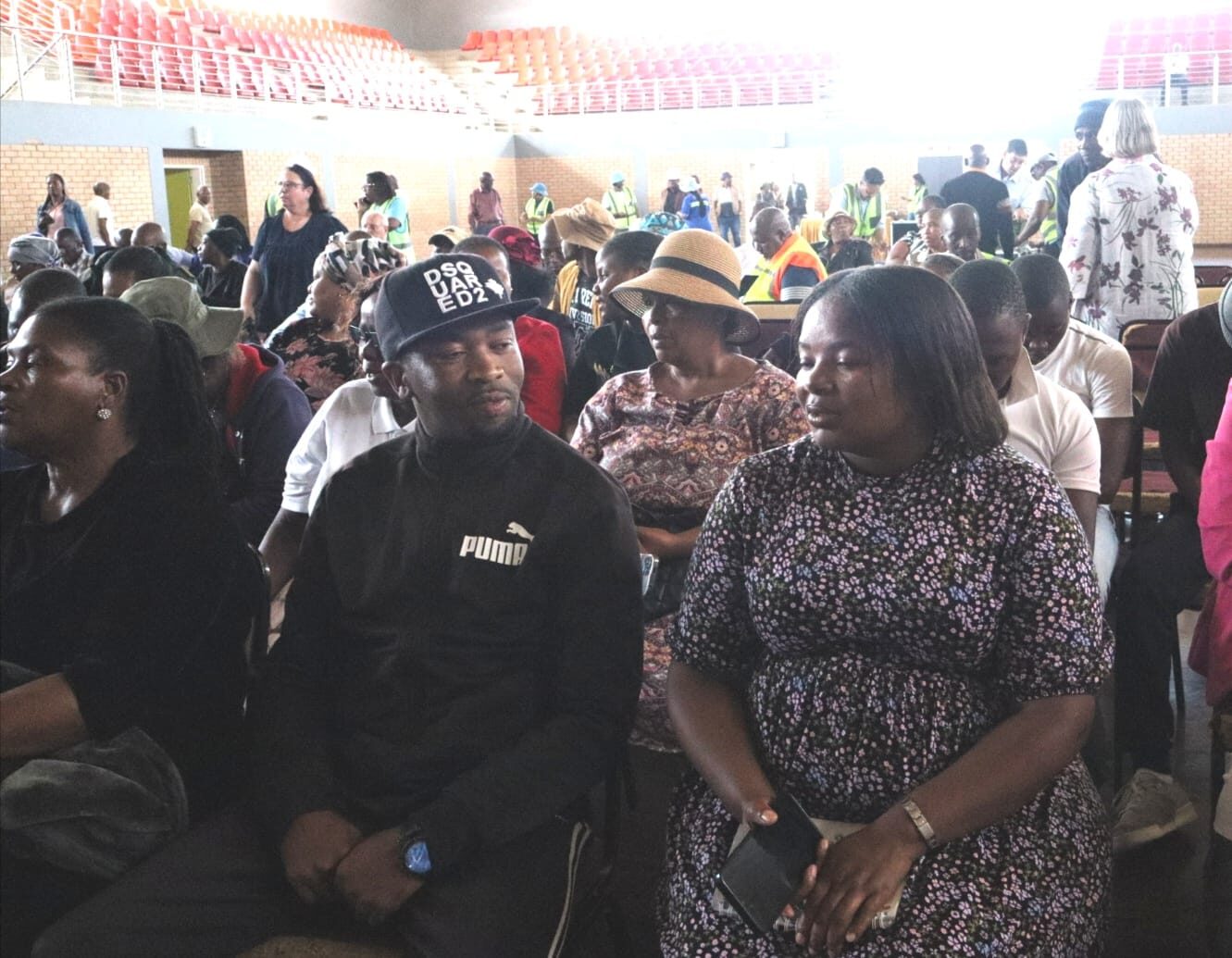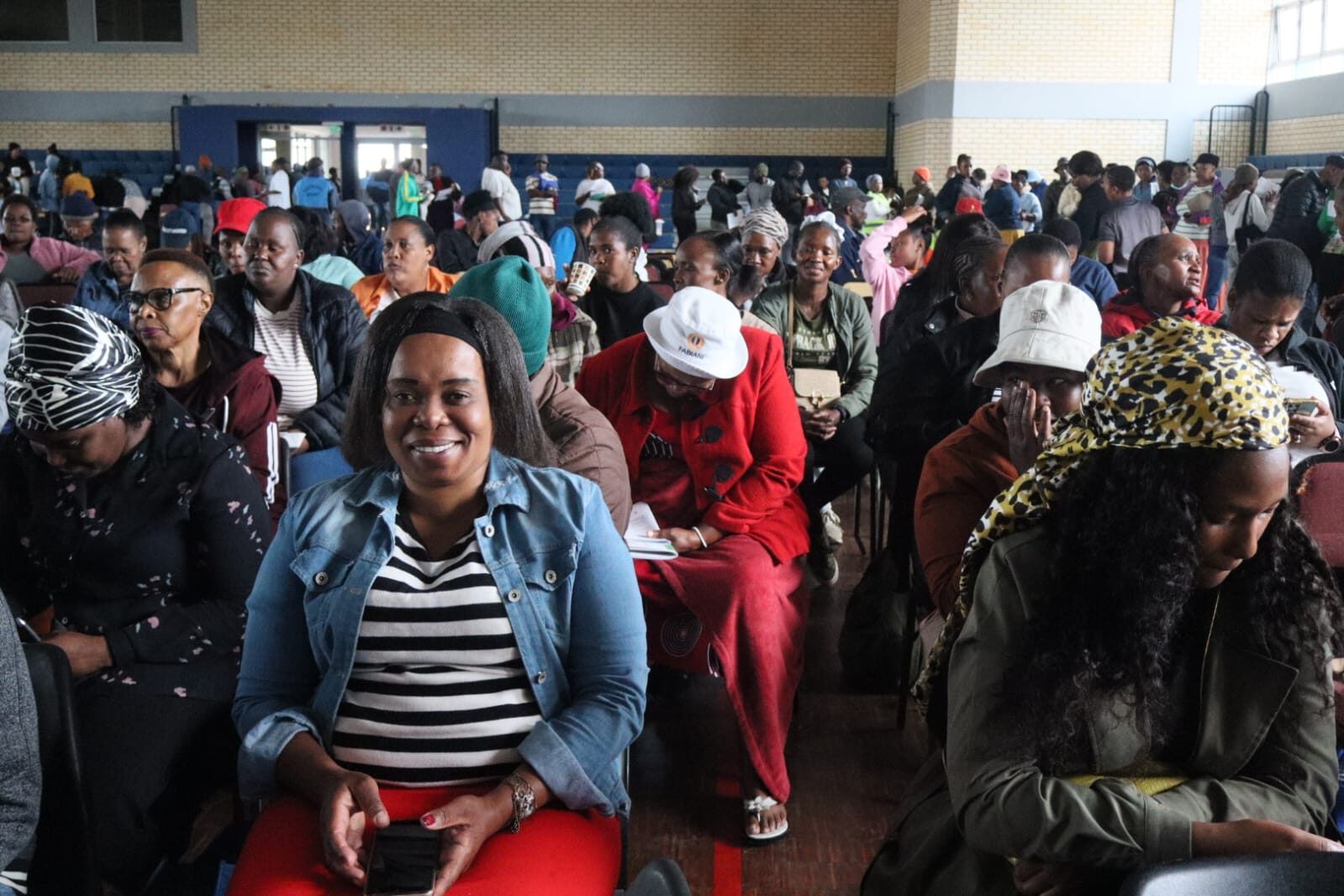By Emily Setona
HARRISMITH – Informal traders in Intabazwe have received specialised food safety training aimed at improving hygiene standards, business compliance and the growth of small enterprises.
The session, held at the Intabazwe Multipurpose Hall on 3 November, was facilitated by Central University of Technology (CUT) Research Coordinator and Laboratory Manager at the Centre for Applied Food Safety and Biotechnology (CAFSaB), Manneheng Raphuthing. The programme, presented in partnership with W&RSETA, targeted food vendors, daycare centre operators and others involved in the preparation and sale of food in the area.
Thirty-two-year old fat cake vendor Nomvula Ncokwane from Letsitsa village said the training offered valuable insight into running a compliant small business.
“They taught us about food safety and how to improve our businesses so that one day we can be eligible for funding,” she said.
“We also received certificates, which means a lot to us as traders.”
Veteran informal trader Roseline Mokoena (59) said the initiative promotes self-reliance at a time when jobs are scarce.
“There are no jobs, so programmes like this help us operate better, become independent and comply with health regulations,” she said.
Raphuthing said the initiative was introduced in response to rising food-related deaths in South Africa.
“What prompted this initiative were the deaths we continue to witness, especially among children, after consuming unsafe food sold in communities,” she said.
“We want people to have the knowledge and skills to serve food safely and prevent avoidable deaths.”
Training modules covered food handling, hygiene, storage and labelling – key areas in preventing contamination and protecting public health.
According to the National Institute for Communicable Diseases (NICD), South Africa records between 90 000 and 120 000 cases of food-borne illness annually, with more than 200 deaths — many involving children and the elderly. Most cases are linked to poor hygiene and incorrect handling practices, particularly in informal settings and school environments.
CUT and W&RSETA say their partnership aims to strengthen food safety, support compliance, and help informal traders operate within health standards while sustaining their livelihoods.



















